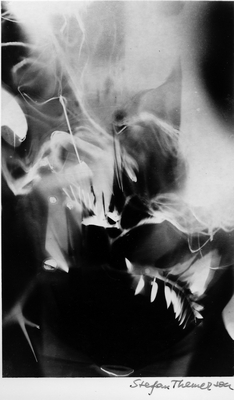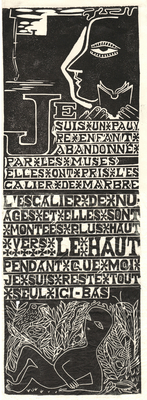Stefan Themerson
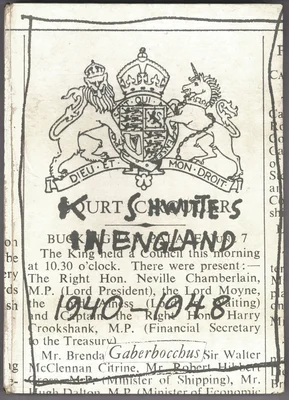
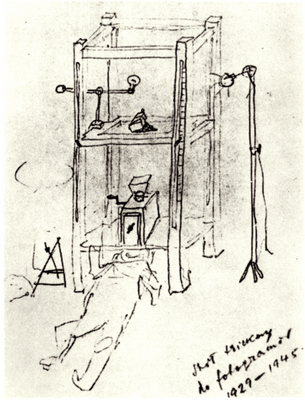
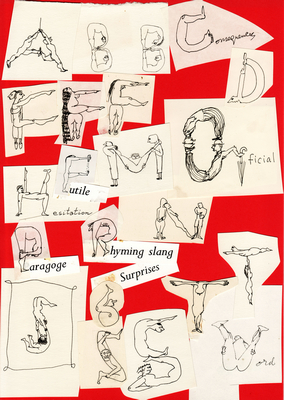
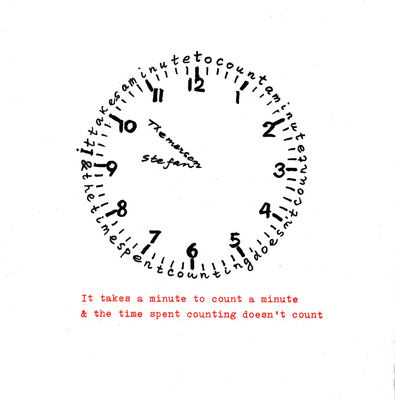
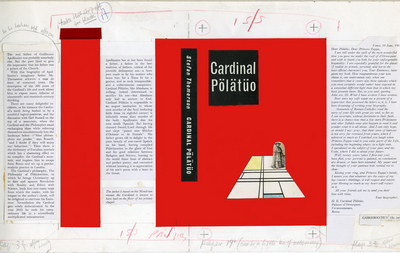
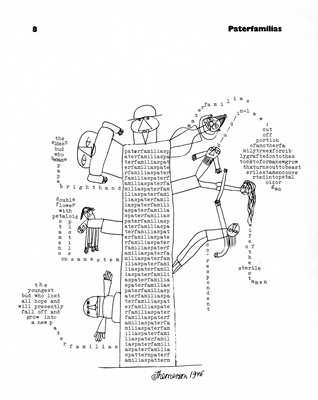
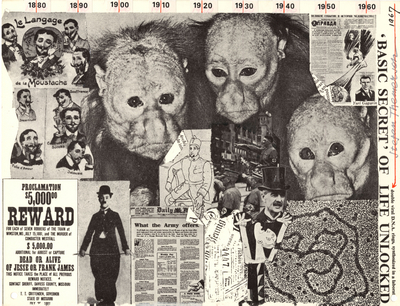
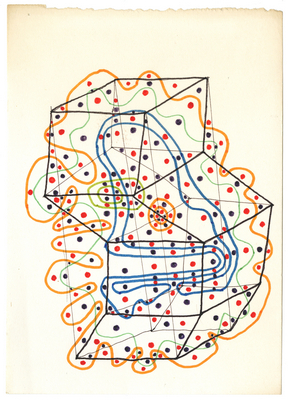
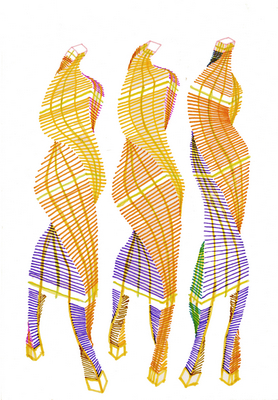
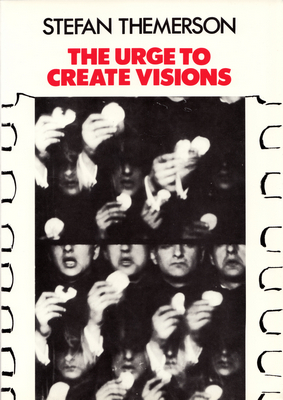
Stefan Themerson
Stefan Themerson was born, the son of a family doctor who wrote in his spare time, in Płock, Poland, 1910. After flirting with studies in physics and architecture, he discovered his true medium in the camera and became totally absorbed in experimental photography, c.1928. In collaboration with his artist-wife Franciszka (they married 1931) this passion matured into making experimental film, inventing the ‘moving photogram’ as its principal medium. As key catalysts behind a vital film-making avant-garde in 1930s Warsaw, they made five short, lyrical and technically inventive films. The most celebrated was Europa (1932), but only one of them survived the war – The Adventure of a Good Citizen (1937).
They moved to Paris in 1938 to continue life at the heart of the avant-garde, but were overtaken by the outbreak of WW2 in 1939. After a 2-year separation − she in London, he in Vichy France – they were reunited in London, 1942. While isolated in France, he wrote his first major novel, Professor Mmaa’s Lecture (in Polish), and poetry (in Polish and French). In London they established friendships with other displaced Europeans, like Schwitters and Adler, and made two more films, with the Polish Film Unit. Then in 1948, they founded their avant-garde press, Gaberbocchus – as radical in the quality of original book-design as in its list of titles. As a matter of principle, Stefan was against categorisations and boundaries. His founding of the Gaberbocchus Common Room, 1957-59, as a sort of inter-disciplinary club in which bridges between artists and scientists were freely crossed, was a quintessentially Themersonian act.
Stefan spent his mature life writing and publishing in English: eight novels, two more books for children, many poems, an opera, a play, a key text on experimental cinema (The Urge to Create Visions, 1983), and shorter works and essays on art, literature, aesthetics, and a wide range of philosophical issues. He always treated matters of gravity with the lightest touch, and through all of his writings, whether fact or fiction, there run concerns with language and ethics. The former is encapsulated in his invention of Semantic Poetry (c.1947), striking out for purity of meaning and against decoration and euphemism. His concern with ethics is best expressed in his Huizinga Lecture, delivered in 1981 at the University of Leyden, in which he proposed that every university should create a Chair of Decency. He died in London, 1988.
Nick Wadley

